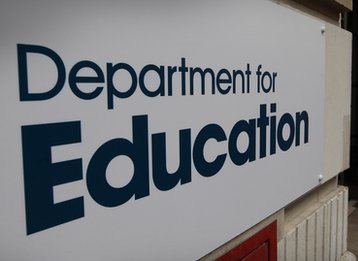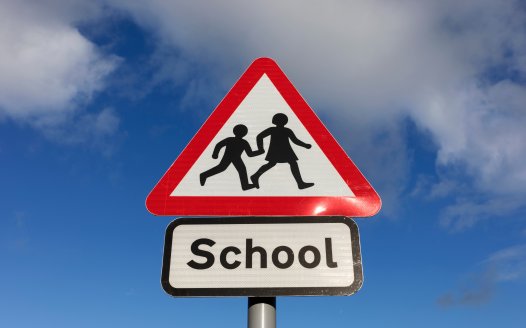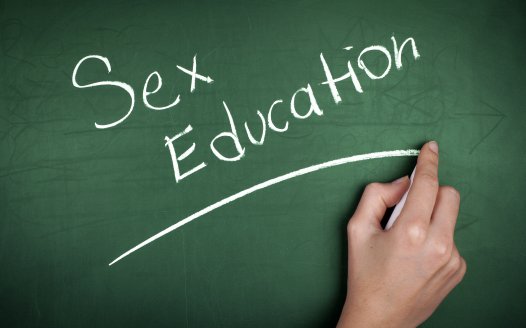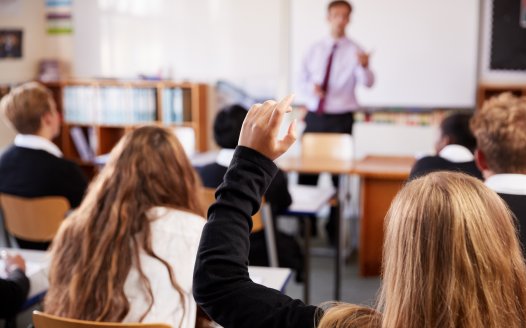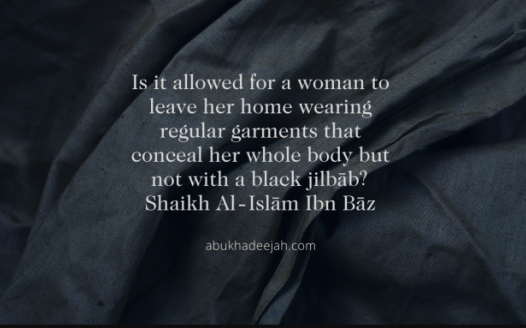DfE de-prioritises respect for difference in independent schools
Posted: Fri, 3rd May 2019
The Department for Education has watered down requirements on independent schools in England to promote respect for difference, in an apparent sop to religious groups.
In guidance published this week the DfE said schools must provide personal, social, health and economic education (PSHE) and the PSHE curriculum "must be designed to encourage respect for other people".
It then referred to "the protected characteristics set out in the Equality Act 2010", which include sexual orientation, sex, religion or belief and gender reassignment.
But it also said twice that schools should teach respect "only to the extent that it is considered age appropriate".
It added that schools would not "normally" face enforcement action if they failed to meet "only one or two" of the independent school standards, depending on the "severity" of the failures.
The guidance also said schools may teach that "some religions, all religions, or atheism / agnosticism are wrong" provided they make clear that "adherents of those belief systems should be treated with respect".
In all three cases the DfE added these lines after holding a consultation on a draft version of its document.
The changes appear to give independent faith schools an opportunity to promote intolerant attitudes towards LGBT+ people, women and those whose views on religion clash with their own.
The documents do not make clear what would constitute a minor breach of the standards. But they note that a "significant proportion" of concerns about the need to promote equality in response to the draft guidance came from "the Charedi Jewish community".
Charedi Jewish groups have been in prolonged discussions with the DfE and the education inspectorate Ofsted over these issues in recent months, with one representative describing a meeting in February as a "breakthrough".
In an explanatory document outlining how the DfE will enforce the guidance the DfE said it had tried to "strike a balance" reflecting both the concerns of religious groups and schools' legal obligation to promote respect.
The guidance allows schools to teach that their faiths have "teachings relevant to these matters" but not to encourage pupils "not to respect other people on the basis of a protected characteristic".
But it also gives schools "wide discretion" to adjust their content in PSHE to reflect their "aims and ethos", including "the requirements of a specific faith ethos".
The National Secular Society, which has played a leading role in efforts to ensure oversight of independent faith schools, expressed concern at this provision in its response to the DfE's draft guidance. The society said schools' ability to promote their ethos should not be allowed to "override their duty to provide accurate information for pupils".
The guidance says independent schools may teach creationism as part of a belief system but should not present it "as having a similar or superior evidence base to scientific theories". It adds that schools "should not suggest that those who hold creationist beliefs are not worthy of respect".
In its submission to the consultation the NSS suggested changing the first of these lines to say creationism "should clearly be differentiated from science and evidence based views of origins".
The guidance says schools should "endeavour to minimise the impact" of faith community-based ostracism of families at school. In its submission to the consultation the NSS called for this provision to be strengthened to make clear that pupils and parents should not be excluded as a result of ostracism.
Elsewhere the guidance explicitly states that schools will fail to meet the standards if they encourage children to view particular groups of people as inferior to others or deserving less respect.
This includes schools who teach children that same-sex married couples do not deserve the protection which a marriage affords in law. The guidance also says schools must not encourage pupils to believe that women who become pregnant outside of marriage deserve punishment or disrespect.
The NSS welcomed these provisions. In its response to the consultation the NSS recommended that schools should be seen as failing their duties under equality legislation if they shielded pupils from knowledge about specific groups of people.
The explanatory document includes a stronger response than previously on schools which fail multiple inspections, saying such schools "will not be able to remain indefinitely in a loop of action plans and re-inspection".
The NSS called for action on this in its response to the consultation.
The explanatory document adds that parents should not be able to prevent schools from being held to account.
"The government does not believe that parental views should result in a situation in which some schools are automatically treated differently from others by, in effect, being immune from enforcement action for breaching certain standards."
The NSS has recently raised concerns over a growing trend of parents in independent faith schools, particularly independent Jewish schools, refusing to allow their children to speak to inspectors.
The explanatory document also tells schools they cannot "pick and choose which standards a school needs to comply with".
The guidance contains clearer standards than previously on gender segregation. It says schools will "have to be able to show that the children are being prepared for engagement with communities where gender mixing is common".
It adds that children should be prepared to "understand and respect that any gender can fulfil almost any role in society, with very few exceptions (such as ministers in some religions)".
In 2017 the Court of Appeal ruled that an Islamic school's policy of segregating boys from girls amounted to unlawful sex discrimination.
The guidance also makes clear that schools are likely to fail the standards if they "teach that the requirements of religious law permit the requirements of English civil or criminal law to be disregarded".
That line was inserted after the consultation. In its consultation response the NSS said children learning about religious 'laws' or codes should "learn that the onus is on them to find a way to follow them consistent with the rule of law and the rights of others".
NSS education and schools officer Alastair Lichten said: "The government's apparent deference to religious groups within this guidance is worrying. Faith schools must be held to the same standards as non-faith schools.
"This guidance makes some positive steps but leaves room for interpretation in some crucial places. We'll be watching vigilantly to see whether this will mean the government watering down its commitment to children's rights in the face of extreme, overheated rhetoric from some advocates of independent faith schools.
"We also hope Ofsted will continue to hold independent faith schools to the same standards as non-faith independent schools."
The guidance will be reviewed before December 2020. It will also be updated once requirements to teach sex education outlined in the Children and Social Work Act of 2017 are implemented.
While you're here
Our news and opinion content is an important part of our campaigns work. Many articles involve a lot of research by our campaigns team. If you value this output, please consider supporting us today.

